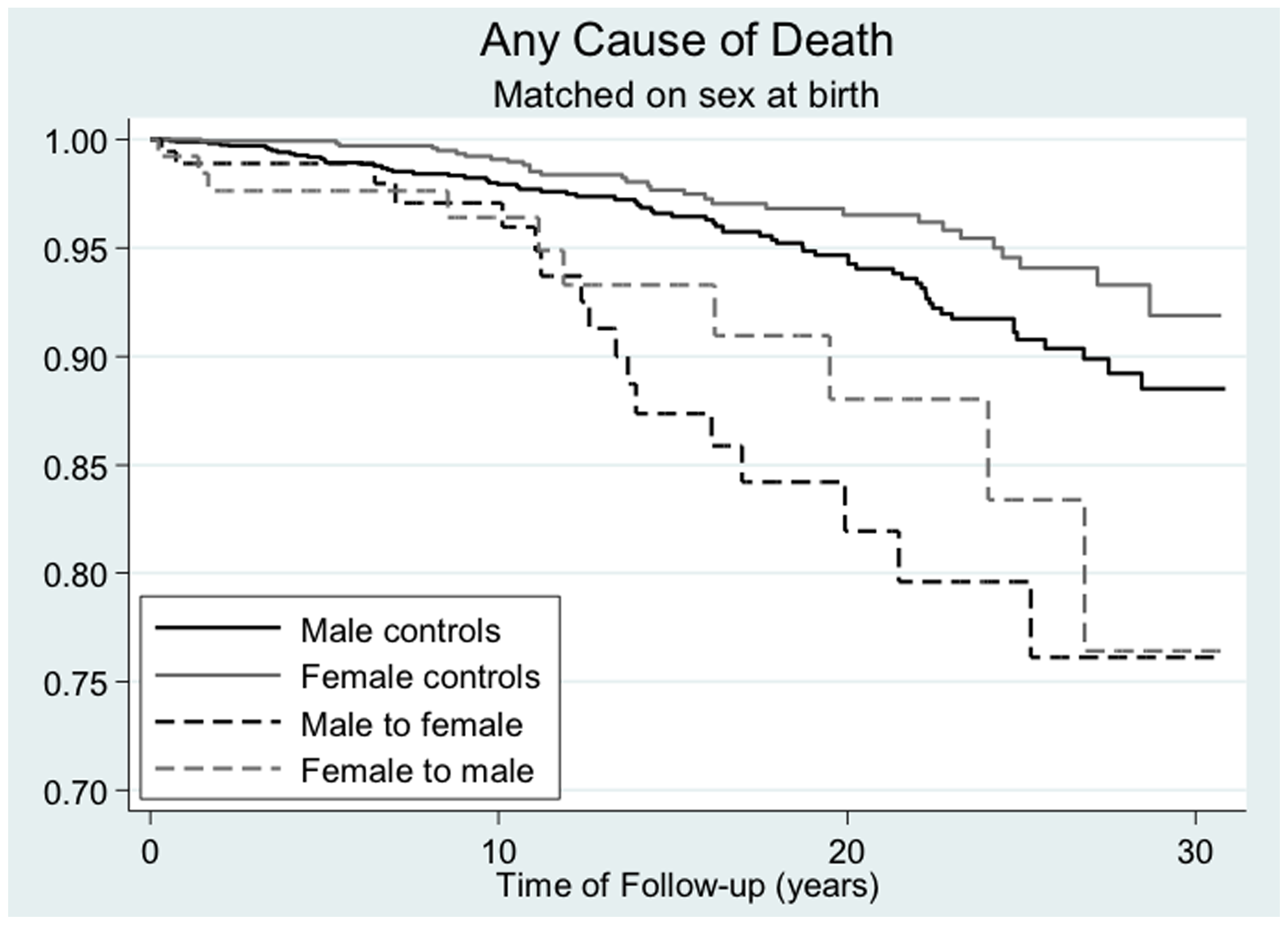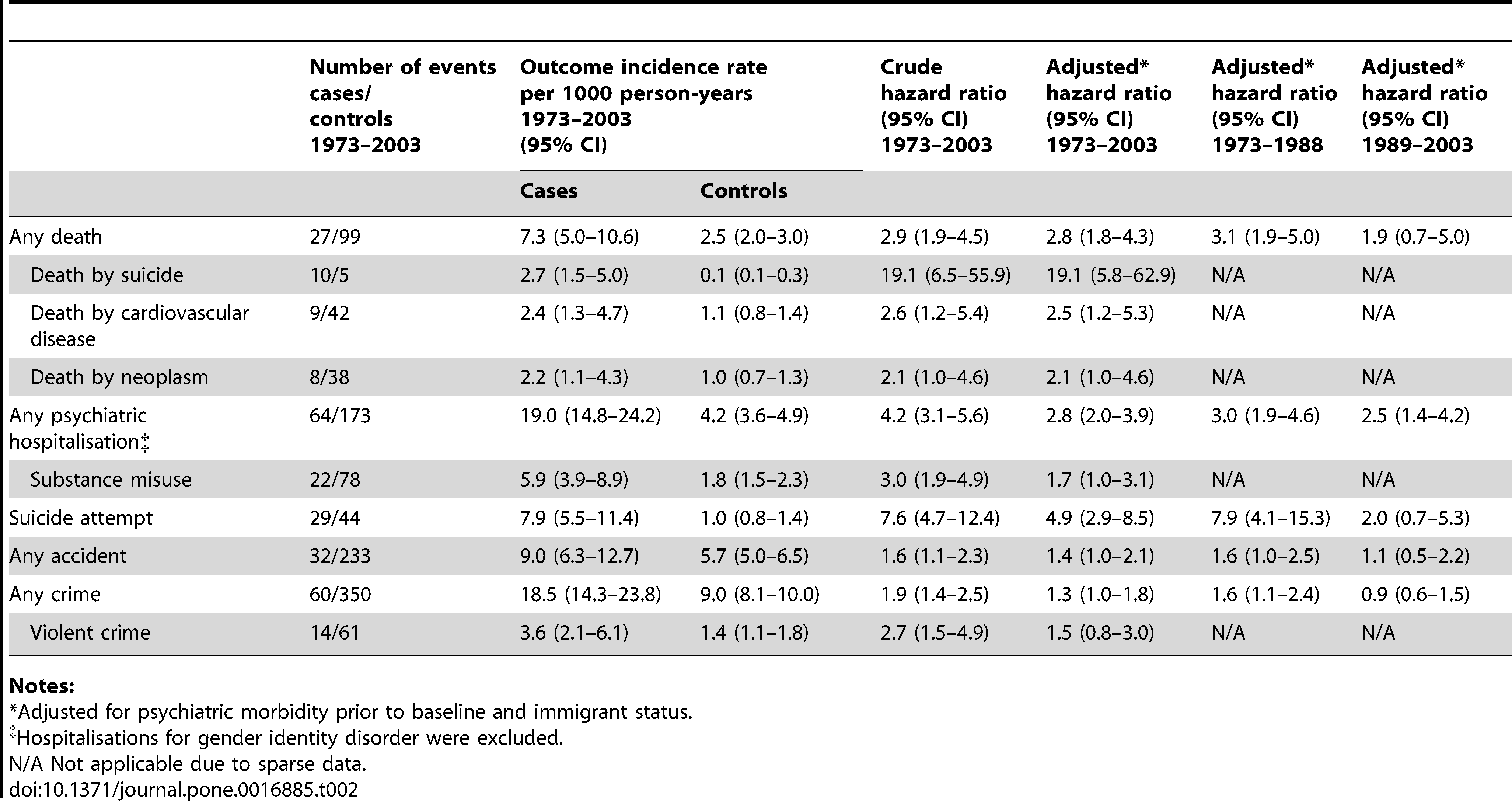- Joined
- Dec 23, 2006
- Messages
- 587
- Reaction score
- 169
Depression is not about one physical flaw that can be fixed. It is multifactorial.
The cause of gender dysphoria is also likely multifactorial. The etiology for gender dysphoria is as well established as it is for major depression. Which is to say, not well established at all. Even though we say that gender dysphoria is real, even if we can observe it, we do not know what it is or what it is caused by. We do not know why people have gender dysphoria, any more than we know why they get depressed. Arguably we know more about depression than we do about gender dysphoria. The comparison to depression highlights our ignorance about gender dysphoria. It does not make gender dysphoria look good by comparison.
Now it is said that gender dysphoria is a medical disorder like any other--and amenable to surgery like any other medical disorder that is amenable to surgery. Making this a cut-and-dried issue. But it's not like any other disorder. It's not like a congenital heart valve defect that needs replacement. It's not even like erectile dysfunction (although it's more like that than a congenital disorder). Gender dysphoria, again, is more like major depression.
Having such an obscure status as a medical disorder, we need data that surgical treatment of gender dysphoria is effective. Especially with the risks of a major surgery. The risks of failure. And especially the risk that gender dysphoria may be less amenable to surgery than some suggest.
Now as far are the boobie woman is concerned, the hypothetical mentioned previously:
Why is gender dysphoria an actual disorder, while breast dysphoria isn't? Is it because we know more about its causes--than someone who presented to us with the apparent symptoms of a "breast dysphoric" disorder? (Answer: No, since we don't know what causes gender dysmorphia.)
Do we really know that there aren't people out there with something like breast dysphoria--a disorder that would, presumably, be as unknown and perplexing in its causes as gender dysphoria? (Answer: There probably are.)
If we have no reason to think that there aren't people with this kind of breast dysphoria, why do we treat gender dysphoria in one way, and the woman with the small breasts who wants bigger ones to deal with her depression, in another? (Answer: The American Psychiatric Association said it's a disorder, which makes it more special than my new diagnosis breast dysmorphia.)
Again, the proof is in the evidence, not in the proclamations of a committee. The fuzziness surrounding gender dysphoria causes us to suspect that, like depression, it may be as amenable to non-surgical treatments (rather than removing bodyparts) as, say, depression is amenable to CBT or pharmacotherapy (rather than, say, removing parts of the brain).
Speaking of removing parts of the brain, this was actually done for depression... and, hey, wait a minute, it was heralded as a miracle cure. Nobel Prizes given. Careers eventually destroyed over the charlatantry. Ah the thousands of people given lobotomies in the 1940s. But hey, it's a miracle cure to a medical condition, right? ... Right?
So for this gender dysmorphia: given the lack of evidence otherwise, for a medical category so simultaneously political and thoroughly baffling, it makes more sense to proceed with caution--than to drink the Koolaid because the AMA, buttressing their recommendations with flimsy support, says so. I mean, it's no wonder the AMA continues to see its membership decline.
Back to the OP's original point. It really is no wonder that our medical system's costs are spiraling out of control when so many people, even the AMA and Medicare, make such cavalier recommendations. What other dubious positions have they taken--on scant evidence bases, that have costed billions of dollars? It's not so much that reimbursing gender dysmorphia is a problem for our spiraling medical costs. It's the general attitude. It's that swimming in the political currents so smoothly and daftly seems to be so much the norm these days, that even a procedure as potentially devastating as a sex change operation can be recommended for actual reimbursement by taxpayers so cavalierly--as if its perfectly okay for taxpayers to pay for some major medical procedure of dubious efficacy because a powerful group of people ask for taxpayers to fork out for it.





